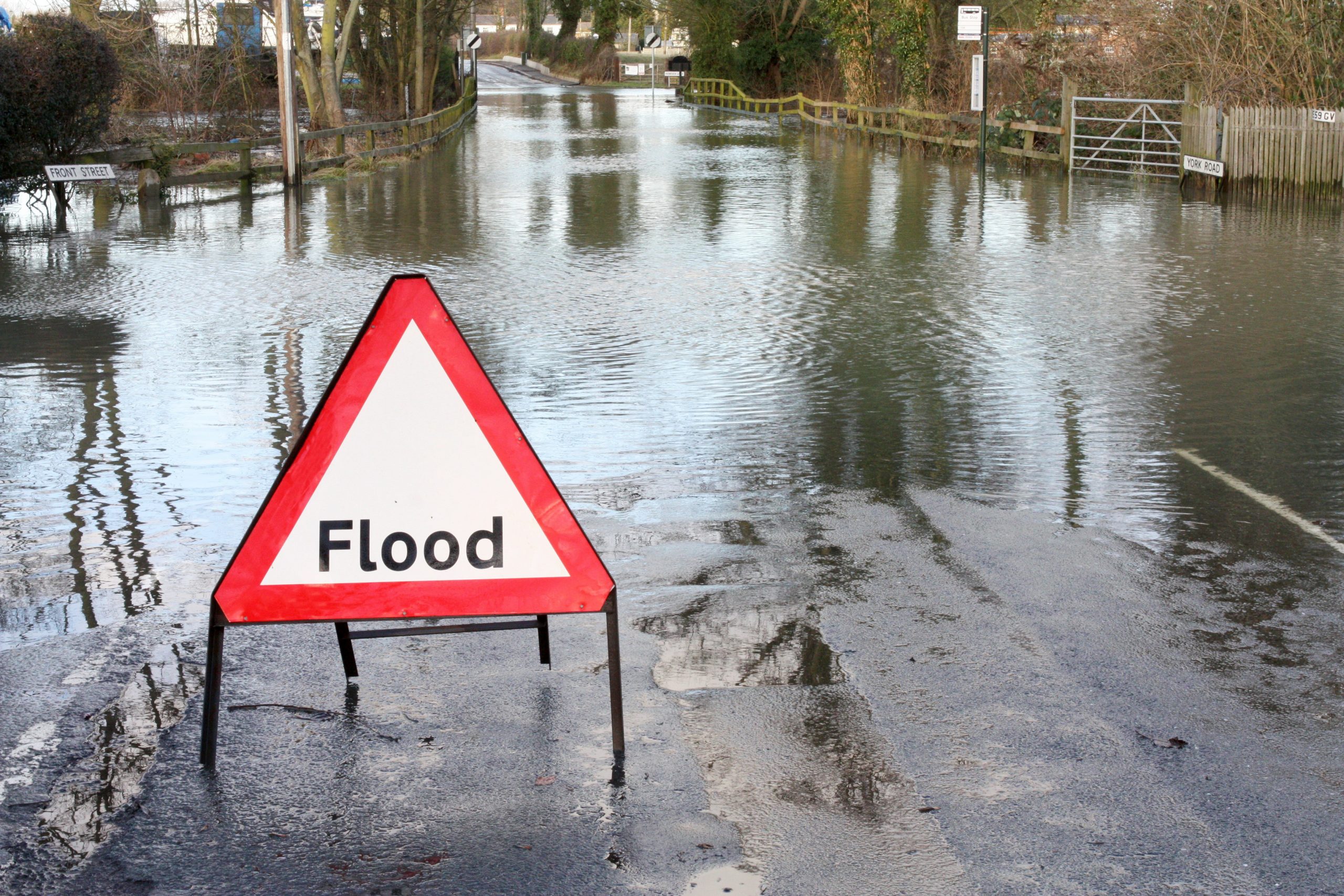Household Bills
Flood warnings after freeze-related insurance claims soar

Insurance claims relating to last week’s freezing weather were 400% higher than predicted by the insurer Aviva.
Many customers calling the insurer over the weekend reported freezing and burst pipes following low temperatures across most of the UK.
The weather has now warmed up slightly but with the change in temperature has come warnings of floods and eight alerts have been issued so far across the country.
The insurer is now warning households to better prepare for future cold snaps and to be vigilant to signs of water leaks as frozen pipes thaw.
Aviva also said that during the cost-of-living crisis, when energy prices have soared, many people have turned off their heating completely when they are away. Then when it comes back on again, it has led to cases of burst pipes and flooding.
Kelly Whittington, property claims director for Aviva, which has 18 million customers in the UK, said: “December is naturally a cooler month, but this year has been particularly cold, with sub-zero temperatures across the country.
“Sadly, the problem seems to have been exacerbated as people try to reduce energy consumption. We have seen a number of cases where people have turned off their heating completely because they were not going to be at home, only to find a burst pipe on their return.”
Five tips to protect your home against flooding
As climate change continues to impact the world, more cold snaps are predicted in the winter and periods of extended high temperatures are expected in the summer months.
Unfortunately, many houses in the UK were not built with this in mind and therefore extra precautions need to be taken to protect them both from freezing pipes and potential floods.
Here, Aviva has shared five tips for preparing your home for the winter.
- Lag your pipes: Insulate all visible pipes with lagging, available from most DIY stores. Particularly focus on exposed pipes in small spaces, such as the attic. Cold water tanks, normally found in the loft, can also be covered with an insulation jacket.
- Let warm air flow: If your pipes and tanks are in unheated loft spaces or forgotten cupboards, open the hatch or door occasionally to allow warmer air to circulate around them.
- Think about how you use your heating: If you are not at home or are going away for a while, consider setting your thermostat at a low level, or your timer to allow your heating to come on occasionally, rather than turning it off altogether. This can help avoid pipes falling to a temperature where water can freeze inside them.
- Turn off outside taps: Where possible, shut off the water supply to outside taps and then open the taps to drain off any excess water, so it can’t freeze inside the pipes.
- Repair dripping taps: Leaky taps can block your pipe and cause damage if they freeze. Test each of your taps by turning them fully off. If any continue to drip, get them fixed.
- Turn off water when travelling: If you are heading away, you may wish to turn your water off and drain the system to potentially prevent any damage while you’re not at home.
Will home insurance cover flooding?
If you have home insurance it may cover damage caused by frozen pipes and flooding. This is usually included as standard in most buildings insurance policies and how much an insurer will pay out will depend on your policy and level of cover.
If you have emergency cover, which is usually a paid-for add on to a home insurance policy you may have more cover. This usually pays out for any work needed to stop an emergency, such as a burst pipe.
However, even if your insurance covers you it’s still not an experience anyone wants to go through and therefore following the preventative actions can save you a lot of time, stress and money.